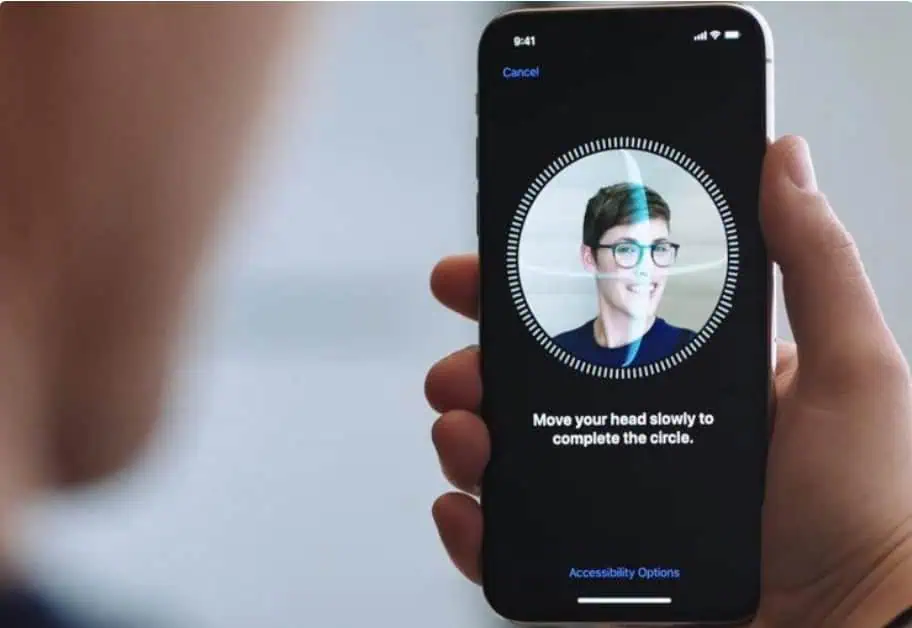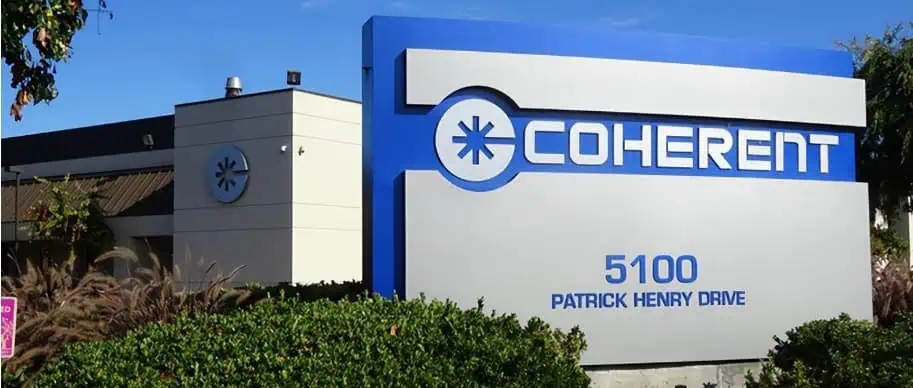Without exaggeration, Apple Inc. is currently the most successful company in the global consumer electronics field, earning the vast majority of profits in the smartphone industry, boasting significant strength, and wielding a very large influence in the industry.
As a result, Apple has always been highly regarded by many global supply chain companies (including TSMC) as a key customer and even serves as the main source of income and contributor for some supply chain companies.
However, for a supply chain company, entering Apple’s supply chain is not easy. Apple has very strict requirements for suppliers’ products, technology, manufacturing processes, and yield rates.
If a supply chain company can obtain orders from Apple, it is equivalent to gaining recognition and endorsement from Apple, reaching a top-tier global level. The company’s influence in the industry will greatly increase, and it can also obtain lucrative profits.

Conversely, if a supply chain company loses Apple’s orders, it indicates that the company’s products, technology, and manufacturing processes still have certain problems and flaws, or it lags in industry competition. Apple has found better alternatives. At the same time, it means losing an important source of income, which can be a significant blow.
Now, the American materials network and laser technology company Coherent, located in the 310,000 square foot chip factory in Ramsbottom, Lancashire, in northern England, is facing the latter crisis and dilemma.
The factory has mainly been responsible for producing components for the Face ID recognition system used in iPhones for Apple. Both parties have been working together happily.
However, plans change quickly. Due to a series of design changes in the next generation of iPhones, some components are no longer needed. Apple informed Coherent a year ago that it would no longer place orders, meaning Coherent would lose this major customer.

Upon receiving notification from Apple, Coherent laid off over 100 employees, while the remaining 257 employees have been retained to complete the remaining contracts.
Now, Coherent’s future is precarious because this portion of the chip factory’s production capacity cannot find customers, putting it in a very awkward position.
Coherent is now exploring various possible solutions to retain these chip factories and continue to survive. However, given the current situation, the outlook is not optimistic, and the worst-case scenario could be that these factories may be closed or sold.
Related:
- iPhone 16 Pro Displays: Samsung, LG Win Orders
- Former OpenAI Chief Scientist Launches AI Startup
- Apple Magic Mouse Alert: Why New Is Better!

Disclaimer: This article is created by the original author. The content of the article represents their personal opinions. Our reposting is for sharing and discussion purposes only and does not imply our endorsement or agreement. If you have any objections, please contact us through the provided channels.








